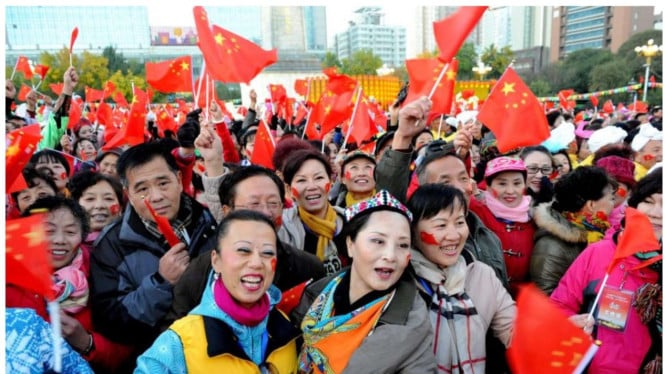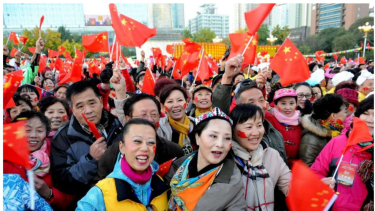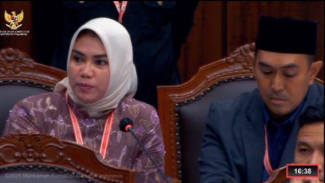China Becomes the Most Expensive Country to Raise Children
- The Irish Time
Jakarta – China is one of the world's most expensive places to raise a child, relative to its GDP per capita, a prominent Chinese think tank said on Wednesday (February 21) as it detailed the time and opportunity costs for women who opt to have children in the country.
The cost of raising a child until they are 18 relative to per capita GDP is around 6.3 times in China versus 2.08 times in Australia, 2.24 times in France, 4.11 times in the US and 4.26 times in Japan, said a report by the Beijing-based YuWa Population Research Institute.
Raising children also leads to a reduction in women's paid work hours and wage rates, while men's livelihoods remain largely unchanged, as reported from CNA site.
"Because the current social environment in China is not friendly to women's fertility, the time cost and opportunity cost for women to have children are too high," said the report, co-authored by Liang Jianzhang, founder of online travelling site Ctrip and also a founder of the YuWa institute.
Ilustrasi foto imlek tionghoa budaya china
- ANTARA FOTO/Dede Rizky Permana
"Due to reasons such as the high cost of childbearing and the difficulty for women to balance family and work, the Chinese people's average fertility willingness is almost the lowest in the world,"
The report comes after China's population fell for a second consecutive year in 2023 with the number of new births dropping to around half of that in 2016.
An increasing number of women are opting not to have children due high childcare costs, and an unwillingness to marry or put their careers on hold, while gender discrimination remains rife.
Women generally see a reduction of 2,106 working hours when looking after children aged 0-4 and face an estimated wage loss of 63,000 yuan (US$8,700) in the period, the report said, using an hourly wage gauge of 30 yuan per hour.
Having a child will also lead to a 12-17 per cent drop in women's wages, the report said. Leisure time will be reduced by 12.6 hours for mothers with one child aged 0-6 and 14 hours for two children.
There is an "urgent need" at the national level to introduce policies to reduce the cost of childbearing as soon as possible, YuWa said, such as cash and tax subsidies, improved childcare services, equal maternity and paternity leave, access to foreign nannies, allowing flexible working and giving single women the same reproductive rights as married women.
The measures together could increase new births to around 3 million, the report said.
In 2023, China's total fertility rate will only be about 1.0, one of the lowest in the world.
"If the current ultra-low fertility rate cannot be improved, China's population will rapidly decline and age, which will have a serious negative impact on innovation and overall national strength," it said.

































